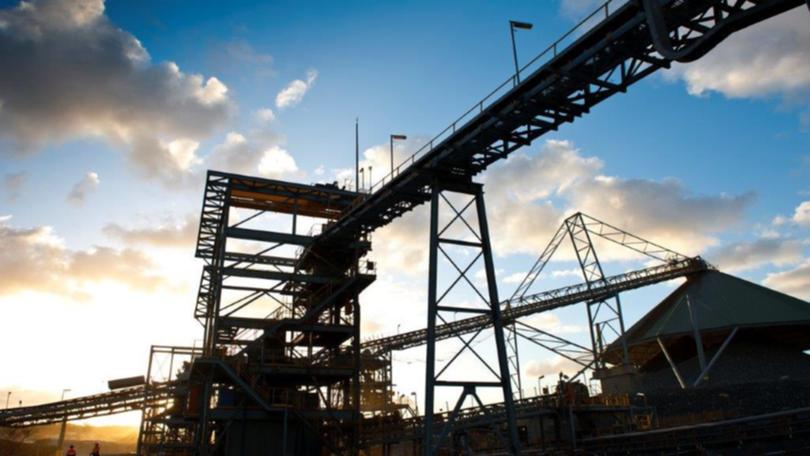BHP mulls closure of Western Australia Nickel and warns of $US3.5b writedown amid market price pain
Thousands of mining jobs could be on the line as BHP mulls a potential closure of its WA nickel business amid a poor price outlook for the future-facing metal.

Thousands of mining jobs could be on the line as BHP mulls a potential closure of its WA nickel business amid a poor price outlook for the future-facing metal.
The Big Australian on Thursday said it expects to book a non-cash, pre-tax impairment of about $US3.5 billion ($5.4b) against the carrying value of Western Australia Nickel — created from its existing nickel portfolio and the West Musgrave project it acquired from OZ Minerals.
The charge — to be included in its half-year results next week — reduces the carrying value of the business’ net operating assets to nothing at negative $US300 million — including closure and rehabilitation provisions of about $US900m.
Sign up to The Nightly's newsletters.
Get the first look at the digital newspaper, curated daily stories and breaking headlines delivered to your inbox.
By continuing you agree to our Terms and Privacy Policy.BHP said it was now reviewing the development plans for Western Australia Nickel with a focus on preserving cash, which includes the potential to place Nickel West into a period of care and maintenance.
It announced last month that its Kambalda concentrator would be moved onto care and maintenance in June after Andrew Forrest’s Wyloo Metals revealed it would suspend work at its Kambalda mines, which provide the majority of ore feed into the concentrator.
A Chamber of Minerals and Energy of WA report recently found WA’s nickel sector was at risk of becoming unviable amid a flood of cheaper Indonesian supply, lower than expected demand for battery minerals and rising local costs.
BHP chief executive Mike Henry said on Thursday it was “an uncertain time for the Western Australia nickel industry”.
“We are taking action to address the current market conditions. We are reducing operating costs at Western Australia Nickel and reviewing our capital plans for Nickel West and West Musgrave.
BHP blamed the nickel market’s current depression on the “significantly increased” supply of the key battery metal from Indonesia and the London Metals Exchange decision to start accepting Indonesian-origin nickel products “as part of its efforts to respond to evolving industry dynamics”.
“These unfavourable operating conditions are expected to endure for a considerable time,” the company said.
“Due to the deterioration in the short-term and medium-term outlook for nickel, BHP has lowered its nickel price assumptions. In addition, capital costs for Western Australia Nickel have increased due to inflation.”
